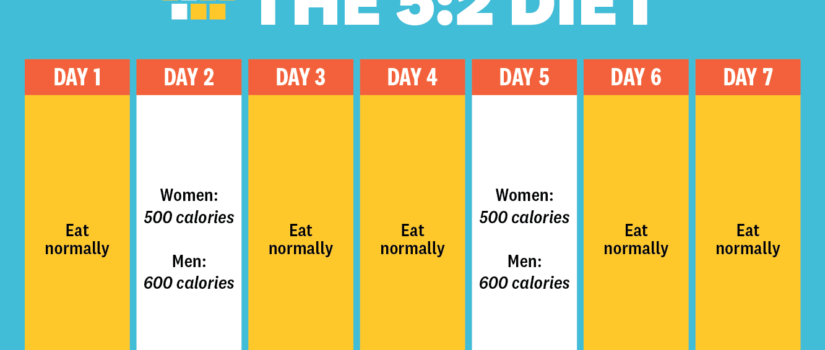5 Things You Probably Don’t Know About Intermittent Fasting
About a month ago, I received an email from world-renown nutrition and fat loss expert, John Berardi. The headline of the email, “New Book: Experiments with Intermittent Fasting” immediately piqued my interest. Intrigued by the idea of a new and interesting online weight loss program, I decided to pursue this idea a little more.
As an ever-hungry student of exercise and nutrition, I have studied and tried many different approaches to eating and training over the years, from fat loss to muscle building to increased athletic performance, and everywhere in between. Though I had heard about intermittent fasting and its claimed benefits (though somewhat radical in reputation), I had never really looked into it much.
However, always interested in what Dr. Berardi has to say, I decided to check out his new e-book. About three hours later, I finally stood up from my chair after devouring the entire book in one sitting! Here are just a few things that I learned about intermittent fasting:
1. Intermittent Fasting (also referred to as I.F.), though given a pretty cool and somewhat exotic name, is simply the term that nutrition experts give to going certain extended periods of time without eating.
2. We all practice a form of intermittent fasting practically every day…when we sleep! That’s right. From your last meal of the evening until your first meal the next day. You are practicing a form of intermittent fasting.
3. Though there is still lots of research left to do on fasting, some potential benefits include reduced blood pressure. Reduced risk of some cancers, increased metabolic rate (think increased fat burning potential). And improved blood sugar control and cardiovascular functioning.
4. There are many different styles of I.F. programs. Some include one or more full fasting days (that’s at least 24 hours straight without food) while some follow a less dramatic approach, such as the Leangains approach (16-hour fast/8-hour feed).
5. Intermittent fasting is not for the faint of heart. Before considering I.F., you should first understand the basic fundamentals for healthy weight loss and good nutrition. That being said, if you are a more advanced dieter and exerciser looking for a new and challenging way to burn fat, I.F. might be worth checking out. Just be aware that it will take sound planning and discipline to follow some of these approaches.
So there’s a brief overview of intermittent fasting. As well as just a few of the topics that are contain in Dr. Berardi’s new book, “Experiments with Intermittent Fasting.” I hope I have provided enough information to rouse your interest in this intriguing. Yet somewhat unusual, approach to health and fat loss.

